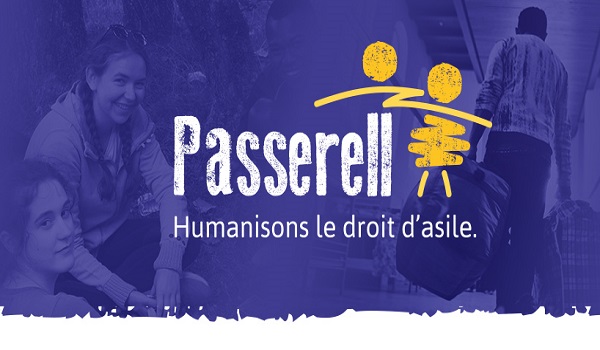 Credit: Passerell asbl
Credit: Passerell asbl
Passerell asbl, a Luxembourg non-profit organisation working to defend the rights of asylum seekers and refugees, has reported that a successful (but ongoing) fundraising campaign will enable the non-profit to continue its work in the area of human rights.
At the start of summer 2022, Passerell announced that it was in urgent need of new funding, without which it would be forced to stop a large part of its activity in relation to informing applicants and beneficiaries of international protection, as well as those whose applications have been rejected, of their rights.
The non-profit launched a call for donations to try to keep its missions afloat. This campaign has borne fruit, with Passerell now able to retain part of its salaried activity as a result of donations from dozens of individuals, companies and other non-profits.
"We would like to extend our most sincere thanks to all the people who have mobilised in recent weeks", said Catherine Warin, President of Passerell. "Never in six years of existence has Passerell raised so many private donations in such a short time, and for that, the whole team is extremely grateful".
Nevertheless, these donations were not enough to maintain the initial team of three full-time project managers and a part-time interpreter. From October 2022, just one employee, Marion Dubois, will be responsible for the daily supervision of the non-profit's missions.
"We have diversified our sources of funding in recent years and we continue to work in this direction, but we also ask for public support in order to perpetuate the missions of Passerell", Ms Dubois explained. "Without the support of the competent ministries, which our team has been requesting for several years, the maintenance of activities over the medium and long term is far from certain". The non-profit has sent interview requests to this effect to Luxembourg's Minister of Foreign and European Affairs and the Minister of Justice and is awaiting a date for a meeting.
According to Passerell, its financial difficulties are part of a larger problem: the fact that neither of the aforementioned ministries offer subsidies for large-scale organisations active in the defence of human rights. Referring to Luxembourg's position on the United Nations Human Rights Council and its ambition to support organisations working for the respect of fundamental rights, the non-profit questioned the commitment of the public authorities to concretely support such organisations. Passerell added that public support was needed for a strong, diverse and active civil society that ensures that human rights are applied and respected daily in the Grand Duchy.








